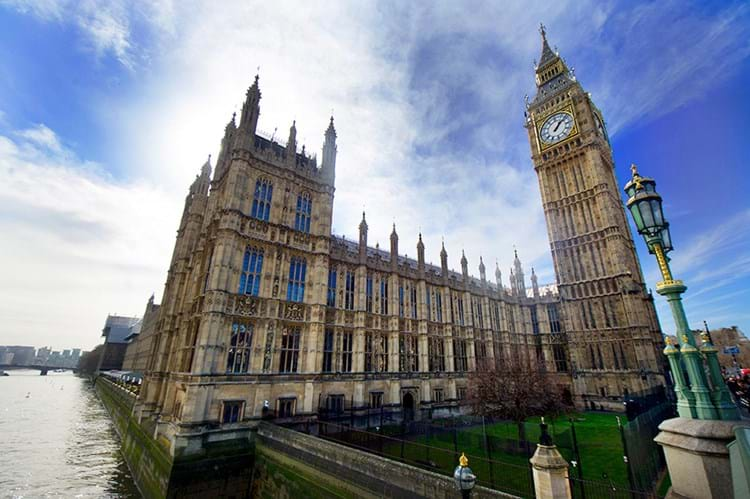
The bill received Royal Assent and became the Ivory Act in late December, meaning it will become law later this year.
Dealer bodies BADA, LAPADA and ADA (Antiquities Dealers’ Association) and auctioneer association SOFAA have been preparing a request for a judicial review of elements of the bill.
The coalition of trade bodies received legal advice last year that a challenge to the bill was best left until the final form of the bill was known and it had received Royal Assent.
'Expected losses'
The survey of collectors, auction houses and dealers by an independent market research company, planned for the end of January, will attempt to assess “the losses they expect to sustain as a result of the act,” a BADA statement to ATG outlined.
“The group of associations spearheading the trade’s response want to assess the potential financial damage that it will inflict on owners of artefacts made from or containing ivory, as well as those whose livelihoods depend on the sale of these items,” the statement said.
Defra survey
The move comes as Defra [the Department for Environment, Food & Rural Affairs] has launched its own online survey of the trade, aiming to gauge the anticipated volume of ivory items under the new law's four exemption categories that will be subject to self-registration if planned for sale. The Defra survey's deadline for responses is 25 January.
BADA said the elements of the bill the trade find most problematic are exemptions for objects containing less than 10% ivory by volume and for items deemed to be of ‘outstandingly high artistic, cultural or historical value’.
“Although we welcome the exemption for portrait miniatures and the clarification in parliament on how to treat removable integral ivory components, we foresee very large numbers of cultural objects that will fail to meet any of the exemption criteria. These objects will be rendered unsaleable,” BADA said.
Support from SOFAA
Helen Carless, chairman of SOFAA, said the act would “have a very real impact on SOFAA members. At the very least it will make low priced items containing more than 10% ivory impossible to sell.
“SOFAA has a duty to ensure that all avenues are investigated before the act comes into force and that it why it has supported the initiative led by BADA.”
Carless said there were concerns about what form Defra’s registration process for tradeable ivory objects would take. “The extra administration needed has the potential to make it uneconomical to sell even mid-range items containing more than 10% ivory,” she said. “This will have a very marked effect on the business practices of our members and as importantly, their clients."
'Independent data'
LAPADA chief executive Freya Simms said the dealer association "has worked closely alongside BADA to generate this initiative as we believe it is critical to assess the real impact to our members of the ivory ban coming into force.
"We also think that data from an independent market research company will be most valuable in the event of a legal challenge," she added.
Call for survey responses
BADA is asking “as many people as possible” to fill in the survey when it is issued and to begin compiling information to assess the value of items that contain 10% or more ivory.
Anyone interested in participating in the trade associations' survey can email info@bada.org.
Defra's online survey is short - four questions - and also open to all with an interest in antique ivory. Click on this link to complete the survey before it closes at 10am on Friday, January 25.





